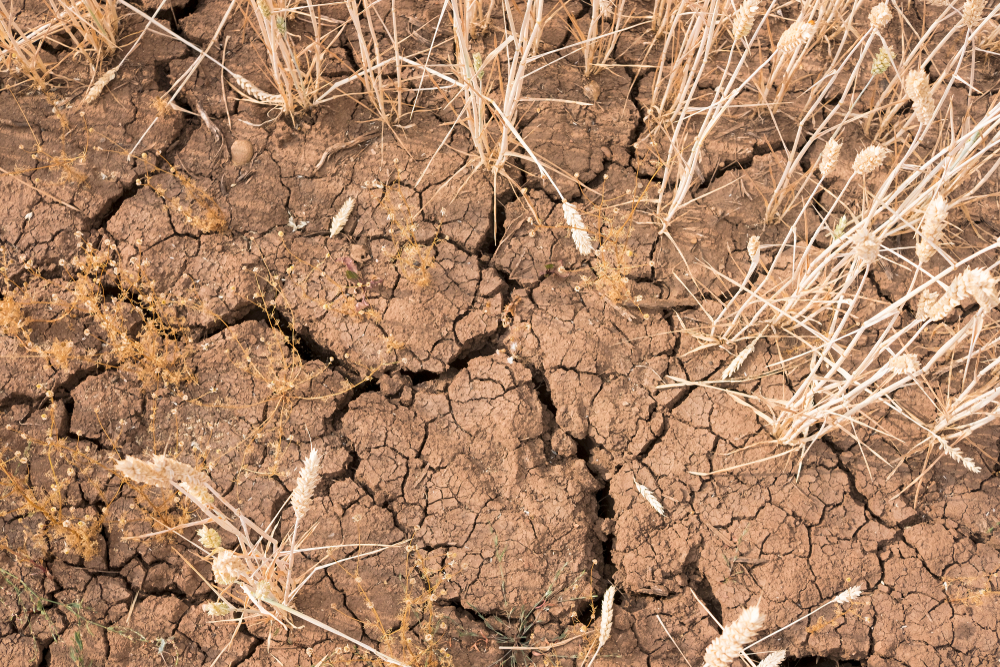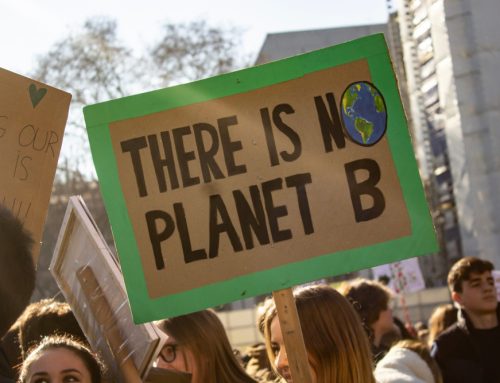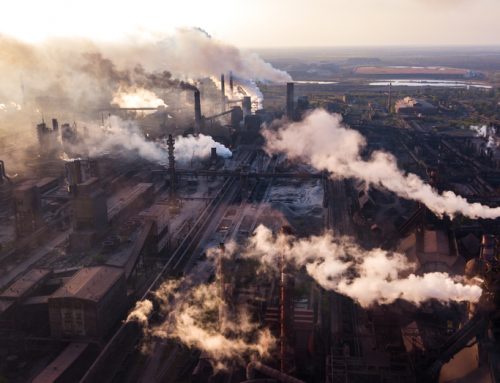New research from the World Meteorological Organization (WMO) has suggested that 2020 could be one of the warmest recorded since records began.
If 2020 wasn’t already memorable for a whole host of other events, it looks like this year could also be one of the three warmest years alongside 2016 and 2019.
So far this year, we have seen record amounts of greenhouse gases in the atmosphere and record low levels of ice in the Arctic sea.
However, data for the last three months of the year still need to be collected and could change everything. A La Niña in the tropical Pacific may lead to cooler temperatures and mean that 2020 may not hit the top spot.
All five datasets from the WMO currently have this year to be on set for the second warmest year on record, however, a cooler end to the year could push it to third place.
Professor Petteri Taalas, the WMO Secretary-General, commented on the data for this year so far: “Record warm years have usually coincided with a strong El Niño event, as was the case in 2016.”
“We are now experiencing a La Niña, which has a cooling effect on global temperatures, but has not been sufficient to put a brake on this year’s heat.”
The warmest six years in global records have all occurred in the past five years – and the continued warming is melting billions of tonnes of ice across the world. In the year to August 2020, around 152 billion tonnes of ice was lost from ice sheets around the world.
Not only are temperatures rising in the coldest parts of the world but long-running heatwaves are also having a huge impact across warmer nations. For example ‘the blog’ was a heatwave across California that killed up to a million seabirds in 2015-16. According to the WMO, events such as this have become 20 times more frequent over the past 40 years.
Professor Dave Reay from University of Edinburgh commented on the reaction to the WMO’s findings:
“These annual updates of deteriorating planetary health always make for bleak reading; this year’s is a full red alert. Surging heat, intensifying droughts and rampant wildfires all speak of the acute impacts of climate change in 2020. They also warn of the chronic undermining of global carbon sinks – the oceans, trees and soils around the world – that is underway.
“Throw yet more emissions and warming at them and they will rip the Paris climate goals from our grasp forever. The year ahead will be defined by our recovery from Covid-19, the centuries ahead will be defined by how green that recovery actually is,” he said.








Leave A Comment